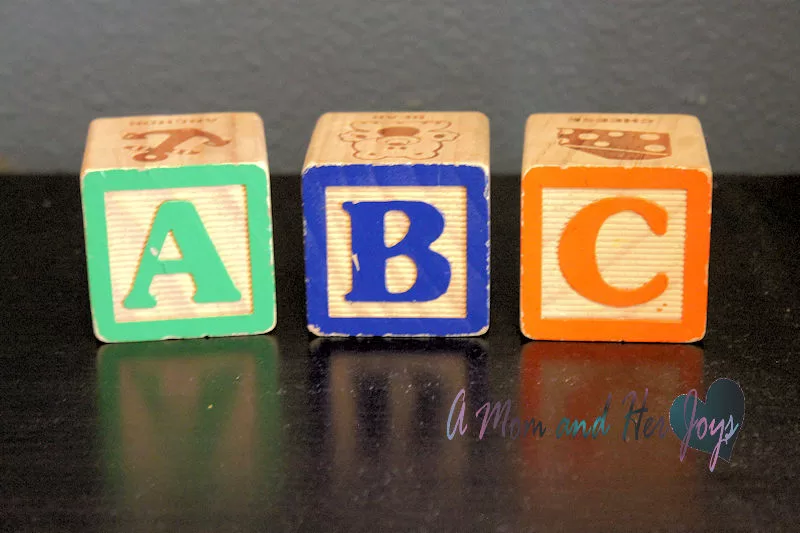We may earn money or products from the companies mentioned in this post.
(This post may contain affiliate links and I may earn a small commission when you click on the links at no additional cost to you.)
What is giftedness?
There are many different definitions of giftedness. But children are typically considered gifted if they demonstrate the ability to perform at higher levels than others of the same age, in the same environment, and with the same experience. They are those children with more innate potential or talent in a specific area when compared to their peers.
Although giftedness is often referred to in relation to intellectual ability, gifted children don’t only excel in academic areas. In fact, some may not excel in an academic area at all. Giftedness may show up in creativity, musical ability, artistic ability, or leadership ability. Young athletes may even be considered gifted. Some kids may be gifted in just one area or they may excel and be gifted in multiple.
There are many definitions when it comes to giftedness, especially academic giftedness. Each state has developed their own definitions and most school districts have interpreted the state definitions in their own individual way. There is also a federal definition through the No Child Left Behind legislation.
No Child Left Behind legislation created the following definition of giftedness.
The term “gifted and talented”, when used with respect to students, children, or youth, means students, children, or youth who give evidence of high achievement capability in areas such as intellectual, creative, artistic, or leadership capacity, or in specific academic fields, and who need services or activities not ordinarily provided by the school in order to fully develop those capabilities. (Title IX, Part A, Section 9101(22), p. 544)
So why is it important to recognize academic giftedness?
Identifying giftedness allows you to better support your child’s learning and special development needs. If a child is recognized as gifted athletically, they are typically given more support and opportunities to nurture and enhance their academic abilities, such as being put on more advanced teams. If a child is recognized as musically or creatively gifted, they can be given more opportunities in those areas.
The same is true for academically gifted children. When gifted children are recognized they are able to be placed in classes with peers of similar abilities. They are able to be given work and assignments that challenge their abilities and skills. When giftedness is recognized children are given the opportunity to learn.
The National Association for Gifted Children has made the statement that
“Gifted students require sufficient access to appropriate learning opportunities to realize their potential. Adverse developmental effects have been noted for gifted students who do not have opportunities for early education or to participate in challenging programs.
It’s important that giftedness is recognized so that gifted children can be given the opportunity to reach their potential. It also allows children to receive extra help in areas that may be lacking due to asynchronous development. It allows that whole child to be served in the way that best fits them.
But how is giftedness recognized?
According to the Davidson Institute
Gifted children come from all different racial and ethnic backgrounds, as well as economic status. While no two gifted children are the same, many share common gifted characteristics and traits, such as:
- Advanced thinking and comprehension above their age peers
- Emotional intensity at a young age
- Heightened sense of self awareness
- Highly developed curiosity
- Excellent memory
But many times giftedness goes unidentified do to asynchronous development, lack of study skills, or underachievement. Just because a child is academically gifted does not mean that they will excel in all areas. In fact some times they are at a much lower level emotionally and socially while at a much higher level academically. Giftedness is also not a guarantee of success. A gifted child may be failing in school because they are bored, have anxiety, are afraid of failure, or simply don’t want to do the work.
Proper early diagnosis of academic giftedness can help gifted children succeed. It can help reverse underachievement, allow for greater social-emotional development, allow for unique interests to be pursued, and allow children to reach their potential.



